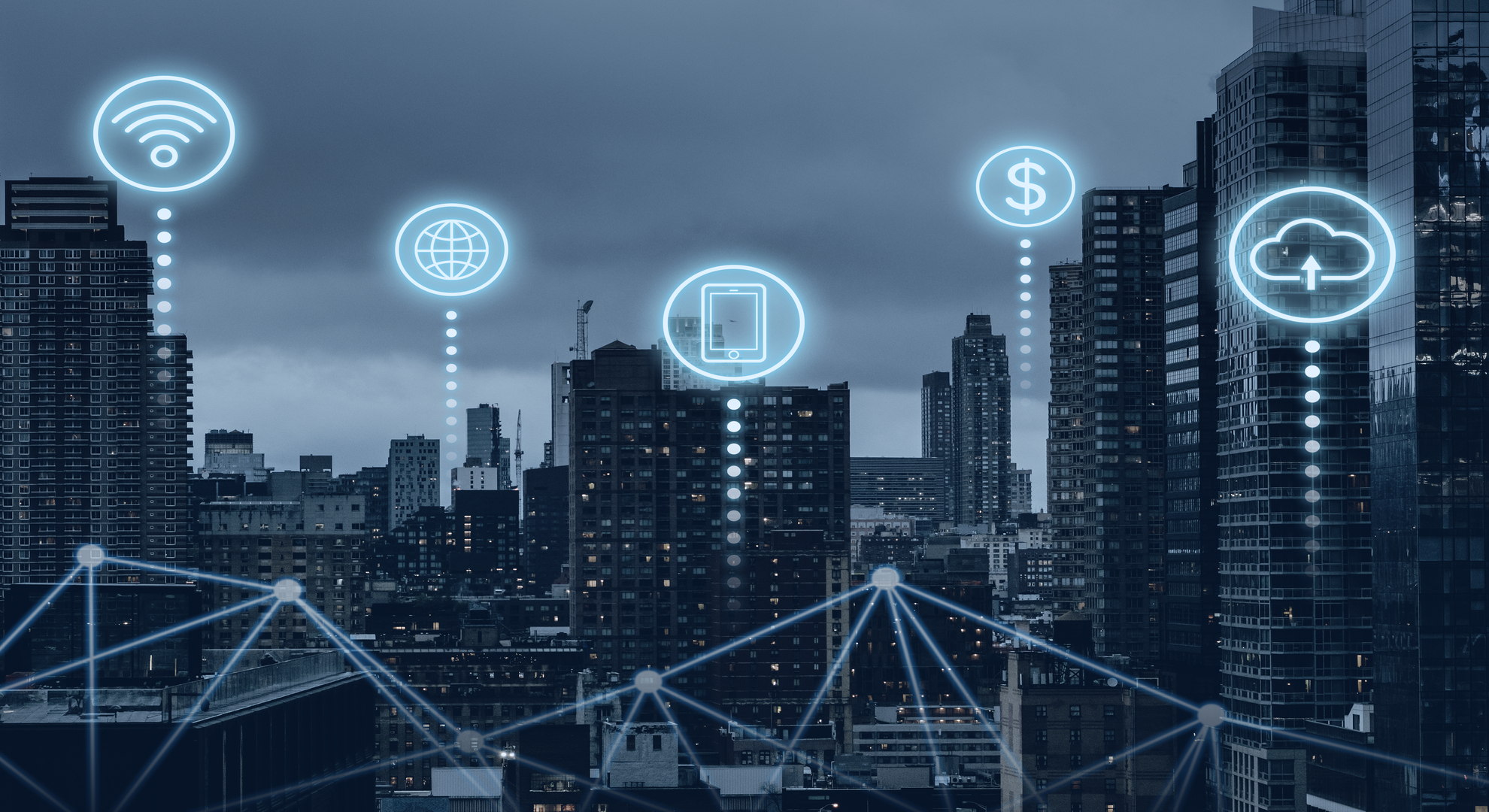
29 Nov Connecting cities with sustainable, high-efficiency technology
In many works of science fiction, both in literature and film, the best possible future is often portrayed as utopian cities: efficient urban centres driven by technology, clean and orderly, free of pollution, chaos, inequality, crime, or poverty.
These are cities managed through automation, allowing residents to focus on personal well-being and pursuing their goals and aspirations. While we may still be a way off from such a technological Arcadia, advances in connectivity make this vision less far-fetched—as long as we achieve both efficiency and sustainability. But how can this be done?
Connectivity (and technology) is worthless if it isn’t useful
This is one of the main principles highlighted at the IV Congress of the Spanish Network of Smart Cities (RECI), held in Madrid just a few weeks ago. The basic premise is that any advancement in connectivity, automation, AI implementation, or energy management, for instance, must ultimately benefit people’s well-being and quality of life.
The event gathered fifty mayors from across the country, along with more than 170 speakers and 150 local and regional political representatives, as well as members of academia and the private sector. All agreed on the same basic priorities: there must be more focus on sustainability and energy consumption, which increasingly strain existing networks. Strategic use of Big Data is also essential for informed decision-making, as is prioritising automated sustainable mobility and maximising the digitisation of public services to achieve a connected and efficient country. As attendees stated, we must “pay attention to both big and small decisions.”
Leveraging AI and digital twins for efficiency
One of the best ways to plan strategically before making decisions is to run simulations using digital twins—virtual representations, aided by artificial intelligence, of systems, infrastructure, services, or processes being transformed through digitalisation. This can be applied, for instance, to traffic management, tax collection, waste management and processing, or automated management of urban services.
A focus on sustainability
Cities already face severe challenges related to waste and the environmental impact of urban living. Globally, 2,010 million tonnes of municipal solid waste are generated each year. Add to this the substantial energy demands of computerisation, automation, AI functions, and data management, and it becomes clear that adopting green energy is not merely an option but an urgent necessity.
Efficient energy use is equally critical for smart cities. Intelligent lighting systems, which activate only when needed; smart buildings that autonomously manage the energy they consume and produce; and the creation of natural “lungs” to serve as emission sinks are all essential measures to ensure that connectivity and sustainability work in harmony rather than in conflict.
Public officials and private sector stakeholders are beginning to collaborate seriously, with a focus on the future, to ensure that the vision of smart cities does not turn into an environmental nightmare.

